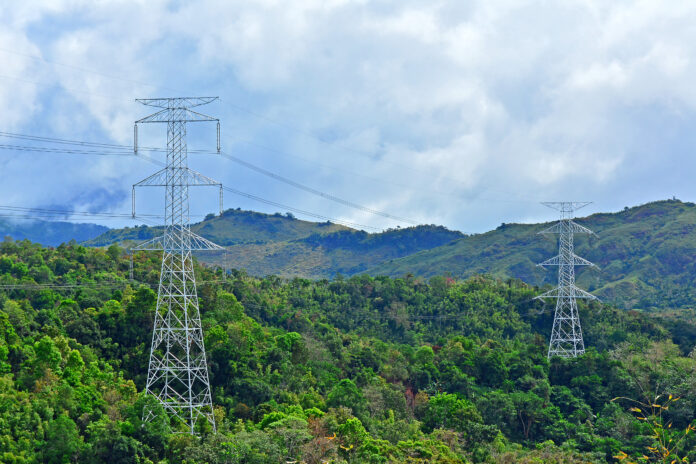The Energy Regulatory Commission (ERC) has approved nine ancillary services procurement agreements (ASPAs) between the National Grid Corporation of the Philippines (NGCP) and several major power producers— a move expected to enhance grid stability and spur investment confidence in the country’s energy sector.
Disclosed over the weekend through a notice of commission action dated 23 April 2025, the greenlighting marks a significant regulatory milestone in securing reserve capacity critical for managing power system contingencies. Ancillary services (AS) function as reserve energy source that ensure uninterrupted electricity supply during unexpected outages or fluctuations.
Of the nine approved agreements, six involve San Miguel Corporation’s power arm, SMC Global Power (SMGP), through its battery energy storage systems (BESS) under Universal Power Solutions Inc. (UPSI). These facilities are strategically located across Pangasinan, Bataan, Tarlac, Misamis Oriental, and Zambales. The storage-based AS solutions play a vital role in stabilizing supply amid the increasing integration of renewable energy.
Two other agreements are with Ayala-led ACEN Corp. via its subsidiaries Giga Ace 4 Inc. and Ingrid Power Holdings Inc., both operating BESS and modular diesel generation units in Rizal Province. These facilities are expected to provide fast-responding reserves that support the NGCP in addressing sudden demand spikes and transmission issues.
The final ASPA covers Therma Marine Inc. (TMI) of Aboitiz Power Corp., which operates a mobile power barge in Agusan del Norte, enhancing supply security in Mindanao.
NGCP said the availability of ancillary services is essential for managing power fluctuations and maintaining the quality and reliability of electricity throughout the transmission system—especially as the grid evolves with new technologies and renewable sources.
ERC chairperson Monalisa Dimalanta assured that all ASPAs underwent standardized evaluation protocols tailored to the specific types of services provided. “These ASPAs were subjected to a uniform evaluation standard,” she said, reinforcing the commission’s commitment to fair and technically sound regulatory oversight.
The approval is seen as a boost not only to operational reliability but also to the broader energy investment climate, signaling regulatory support for advanced energy infrastructure and diversified generation sources.







